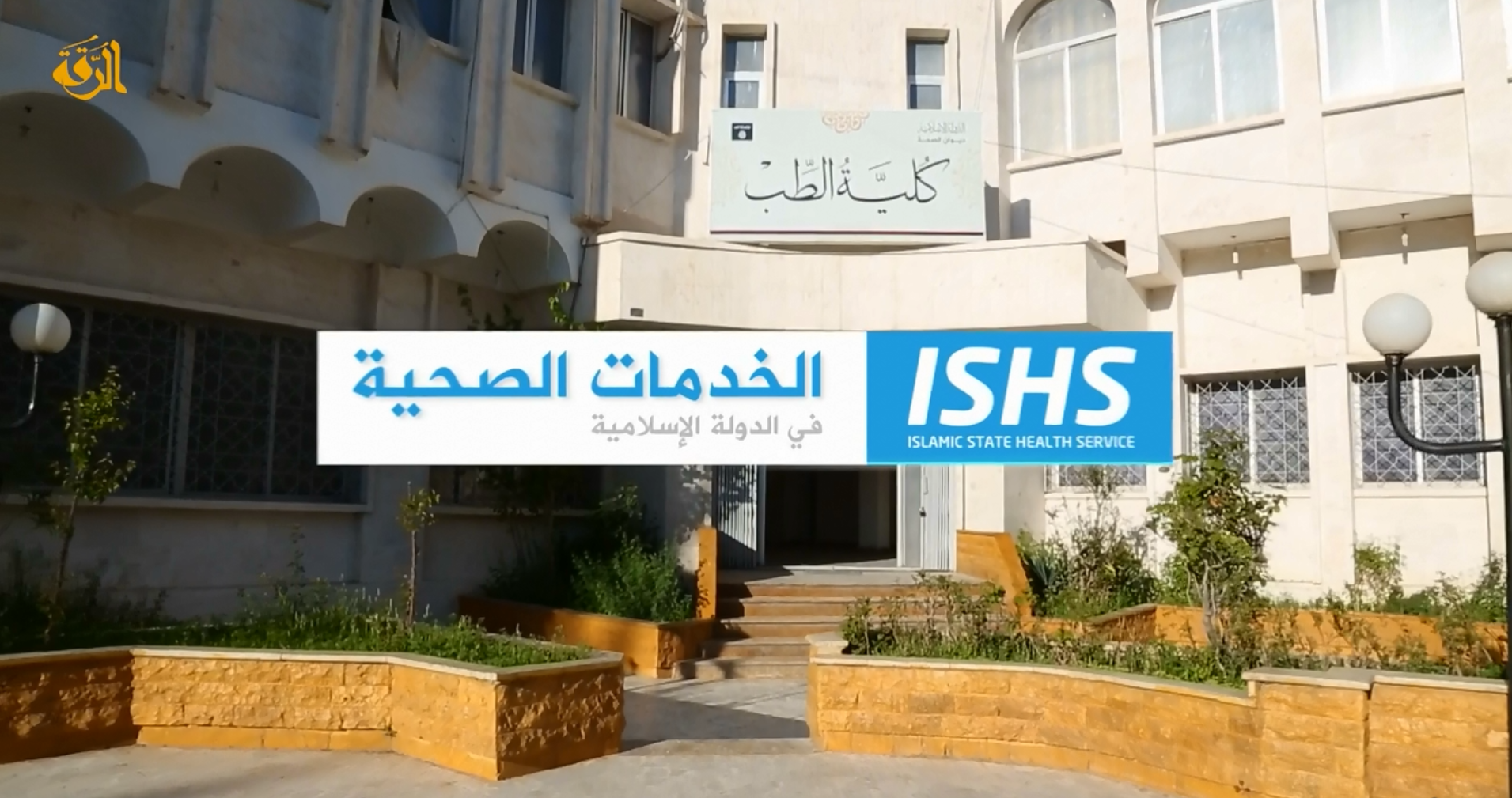Foster, Regulate, Exclude: Biopolitical Configurations in the Islamic State’s Administrative Apparatus
Was the caliphate only a zone of endless violence? Or was the Islamic State’s logic of exclusion also directed towards the mundane aspects of everyday life?
Speaker: Lewis Rarm
Abstract:
 The governance of the Islamic State (IS) fluctuated between violent excess and the regulation of the mundanities of everyday life; this has been prevalent in their mediascape since the declaration of a caliphate in 2014, though mainstream media coverage has tended toward the group’s brutality before only recently assessing IS’s nuances of pursued statehood. Over the course of the caliphate’s life, a vast range of IS administrative documents were archived (Al-Tamimi. 2015, 2016a, 2016b, 2017). These documents reveal how IS’s governmentality sought to intervene in the daily lives of subjects via a biopolitical regime of inclusion and exclusion. Three components of this regime form a partial outline of biopower in the caliphate: a taxonomy of punishments informed by a general logic of excludability, practices of captivity and enslavement, and various healthcare documents. Drawing from both Foucault (2003) and Agamben’s (1998) respective theorisations of biopower, I investigate the way IS’s administrative apparatus sought to foster a caliphate of biologically and culturally healthy Muslims by capturing and conducting the capacities of life: the nexus between the body and the soul.
The governance of the Islamic State (IS) fluctuated between violent excess and the regulation of the mundanities of everyday life; this has been prevalent in their mediascape since the declaration of a caliphate in 2014, though mainstream media coverage has tended toward the group’s brutality before only recently assessing IS’s nuances of pursued statehood. Over the course of the caliphate’s life, a vast range of IS administrative documents were archived (Al-Tamimi. 2015, 2016a, 2016b, 2017). These documents reveal how IS’s governmentality sought to intervene in the daily lives of subjects via a biopolitical regime of inclusion and exclusion. Three components of this regime form a partial outline of biopower in the caliphate: a taxonomy of punishments informed by a general logic of excludability, practices of captivity and enslavement, and various healthcare documents. Drawing from both Foucault (2003) and Agamben’s (1998) respective theorisations of biopower, I investigate the way IS’s administrative apparatus sought to foster a caliphate of biologically and culturally healthy Muslims by capturing and conducting the capacities of life: the nexus between the body and the soul.
Bio:
Lewis Rarm is a PhD candidate at the Auckland University of Technology and teaching fellow in the Media Studies programme at Victoria University of Wellington. His thesis examines the Islamic State’s (IS) media and administration through Foucault’s conception of the dispositif and Deleuze and Guattari’s assemblage as a way of accounting for contemporary articulations of terrorist governance.
